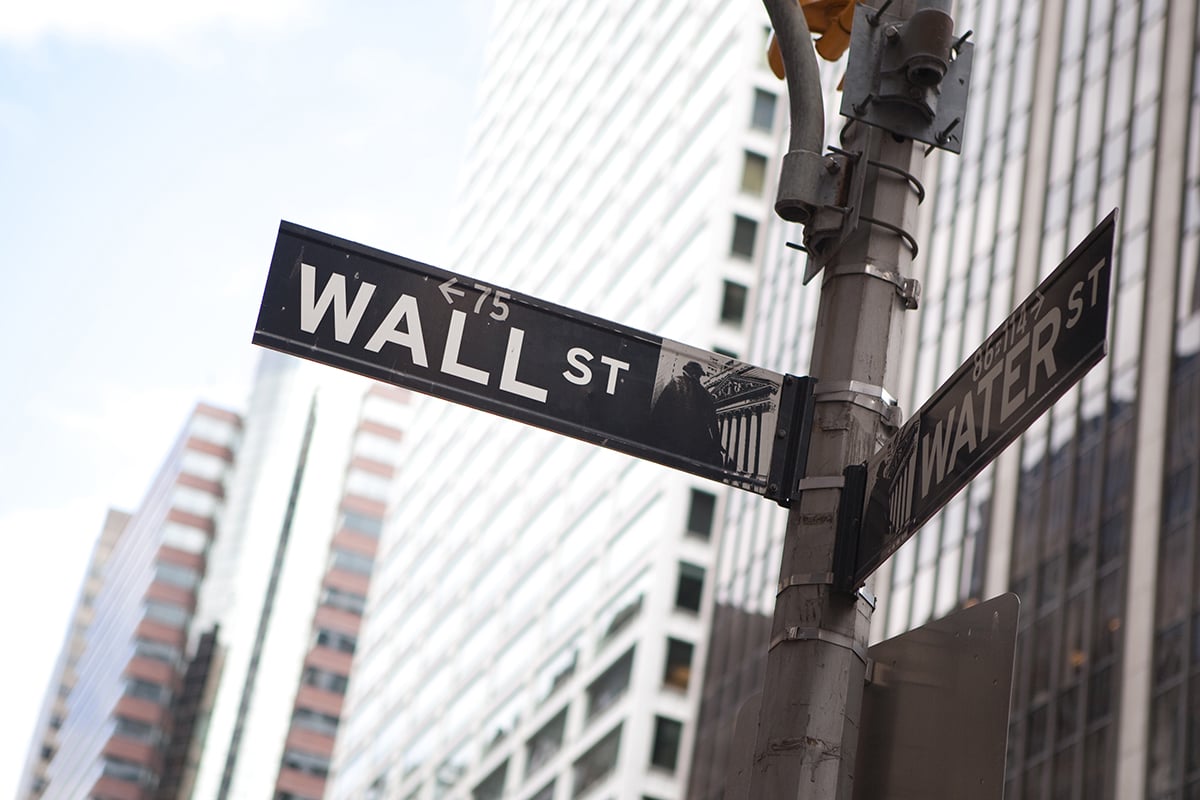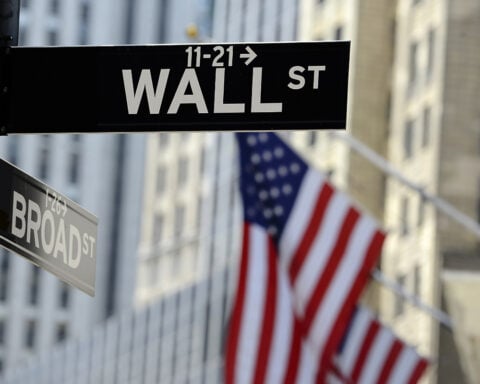In a market environment fraught with mixed signals, U.S. stocks continue to waver near their record highs. On Tuesday, the S&P 500 inched up by 0.1% after reaching its 30th all-time high of the year just the day before. The Dow Jones Industrial Average saw a minimal rise of 8 points, while the Nasdaq composite experienced a slight decline of 0.1%.
This uncertain momentum comes amidst new economic data suggesting a nuanced picture of the U.S. economy’s trajectory. Despite earlier concerns of a potential downturn, recent retail sales figures indicate a return to growth, albeit not meeting economists’ expectations. This development has stirred cautious optimism that the Federal Reserve might manage to temper inflation without thrusting the economy into a deep recession.
In response to these economic cues, bond yields have shown a downward trend. The yield on the 10-year Treasury note fell from 4.29% to 4.22%, reflecting a broader market anticipation of possible interest rate adjustments by the Federal Reserve later this year. Speculation is rife among traders that the Fed could implement at least one rate cut this year, with some even forecasting two, aiming to strike a balance between curbing inflation and sustaining economic growth.
The bond market’s response was influenced by a comprehensive survey from Bank of America, which revealed that global fund managers are now more optimistic about the stock market than they have been since autumn 2021. With cash holdings reduced, there is a notable shift towards heavier allocations in stocks. This optimism contrasts sharply with fears earlier in the year of a “hard landing” — a scenario in which the economy could slip into a significant recession.
However, beneath the surface of these moderate gains lies a layer of persisting concerns. The U.S. government has revised its retail sales figures downwards for previous months, suggesting potential cracks in what has been the main engine of the U.S. economy: consumer spending. High inflation continues to pose challenges, especially for lower-income households, which struggle to keep pace with rising prices.
The impact of these economic variables is palpable in the corporate sector as well. Homebuilder Lennar reported a drop in its stock value by 4.4%, despite posting a profit that surpassed analyst expectations. The company attributed this decline to fluctuating consumer sentiment and the volatile interest rate landscape.
Adding to the market drama, electric-vehicle maker Fisker saw its shares plunge by 53% after filing for Chapter 11 bankruptcy protection. The company cited severe market and macroeconomic challenges as the drivers behind its financial woes.
On a more positive note, furniture manufacturer La-Z-Boy reported a significant 19.5% jump in its stock following better-than-expected profit and revenue figures for the latest quarter. The company highlighted a strong start to the current quarter, buoyed by robust sales during the Memorial Day period.
In a notable development in the healthcare sector, Silk Road Medical’s stock surged by 23.9% after an announcement that Boston Scientific would acquire the medical device company in a cash deal valued at approximately $1.26 billion.
Internationally, stock markets are on the rebound, with Europe’s indexes climbing following last week’s downturn. The CAC 40 in France, for instance, posted gains for two consecutive days. In Asia, Japan’s Nikkei 225 rose by 1%, bolstered by investor confidence following a successful defense of leadership at Toyota Motor.
As Wall Street navigates these complex economic signals, the broader market sentiment appears cautiously optimistic, though underpinned by an undercurrent of potential volatility. Investors and analysts alike will be watching closely for further indicators that might define the trajectory in the coming months.







